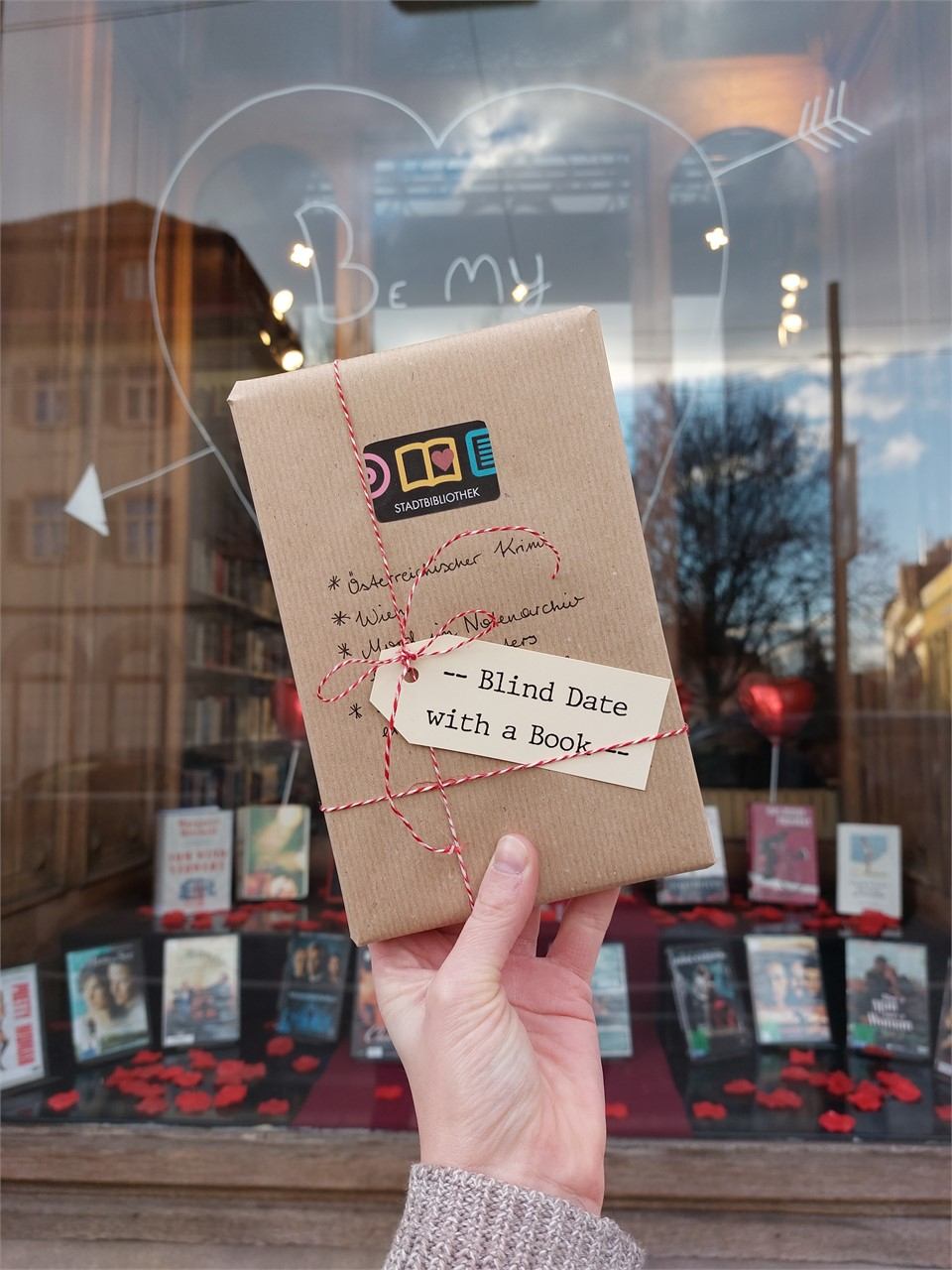Thessaloniki gets ready for its metro launch in November
The underground rapid transit lines have been under construction for almost two decades due to various project delays
 TheMayor.EU logo
TheMayor.EU logo The library in Austria’s second-largest city will do giveaways and books as mystery boxes
With Valentine’s Day fast approaching, there’s a lot of pressure on people to find a date for the occasion. Yet, with the cost of living crisis, this also seems like just another stress factor in what is already a very fast-paced daily environment. Maybe it’s easier to get a pet this year? Or learn how to make a cake. A quiet night with a book is always nice.
Well, if it's the latter, authorities in the City Library in Graz, Austria, have you covered. This Valentine’s Day the library has prepared mystery tomes from their whole collection, according to an official statement, good books that see little circulation.
The books will be wrapped in paper so people will not see what they are getting, apart from the text written on the paper – a carefully selected message from the library’s staff. Additionally, at 2:00 PM, library staff will give away books in Graz’s main square. These will be books that the library has received as donations, but they already have in abundance.
 Behind the covers of every book, there is a mystery, Source: Graz City Library
Behind the covers of every book, there is a mystery, Source: Graz City Library
The main point of the Valentine’s Day initiative of the Graz library is for people to be surprised when picking out a mystery book. A lot of the books taking part in the initiative are picked out less frequently, though are still very good This is a chance for people to expand their scope in terms of authors while creating more traction for the books themselves.
Additionally, each book will have a handwritten hint on the cover, with the idea to spark curiosity. For example, the phrase “A smile survives the centuries” (Ein Lächeln überlebt die Jahrhunderte) could lead to a historical romance novel or an epic story of a heroine in modern times.
There is a wide variety of works of books in the initiatives – thrillers, social novels, non-fiction and more. And you can take these books home with you for the night, thanks to the Valentine’s Day initiative from the library.

The underground rapid transit lines have been under construction for almost two decades due to various project delays

Now you can get your wine in Talence by paying directly in Bitcoin

That’s because the state has to spend money on updating the railway infrastructure rather than subsidizing the cost of the popular pass

Rethinking renewable energy sources for the urban landscape

The examples, compiled by Beyond Fossil Fuels, can inform and inspire communities and entrepreneurs that still feel trepidation at the prospect of energy transition

Now you can get your wine in Talence by paying directly in Bitcoin

The 10th European Conference on Sustainable Cities and Towns (ESCT) sets the stage for stronger cooperation between the EU, national and local level to fast track Europe's transition to climate neutrality.

At least, that’s the promise made by the mayor of Paris, Anne Hidalgo

The underground rapid transit lines have been under construction for almost two decades due to various project delays

At least, that’s the promise made by the mayor of Paris, Anne Hidalgo

Hostal de Pinós is located in the geographical centre of the autonomous region

Despite its church-y name, the district has long been known as the hangout spot for the artsy crowds

Urban dwellers across the EU are having a say in making their surroundings friendlier to people and the environment.

Forests in the EU can help green the European construction industry and bolster a continent-wide push for architectural improvements.

Apply by 10 November and do your part for the transformation of European public spaces

An interview with the Mayor of a Polish city that seeks to reinvent itself

An interview with the newly elected ICLEI President and Mayor of Malmö

A conversation with the Mayor of Lisbon about the spirit and dimensions of innovation present in the Portuguese capital














